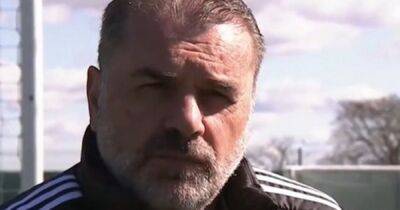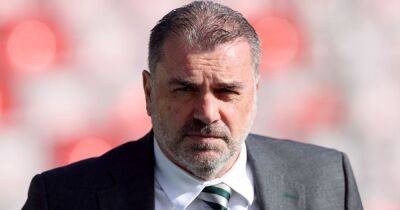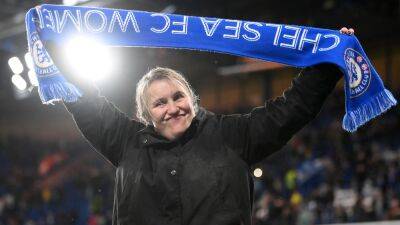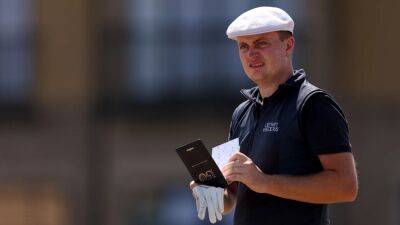To-do lists and hot chocolate: Sleeping for athletic success
Performance nutritionist and LYIT lecturer Dr Rónán Doherty joined the RTÉ Running Podcast to discuss the importance of sleep to athletes, and the environmental and nutritional factors which can lead to a better night's slumber.
The amount of sleep humans require to perform at their best can vary, with age and genetics influencing the ideal number of hours spent asleep, but it's unlikely to be the case that less is more for those competing in sport.
"For adults, people running from 18 to 65, we know that somewhere around seven to nine hours per night is optimal," Doherty said.
"Six to seven might be fine for some people, and nine to 11 might be what's required for other people, particularly athletes or anyone who is highly active, because of the training load and the extra stress they're placing on their bodies.
"They need more sleep for more recovery.
"There's mental and physical recovery. I use the analogy of charging your phone, plugging yourself in and recharging your battery – you get mental and physical recovery.
"There are two basic states of sleep – NREM and REM sleep – non-rapid eye movement and rapid eye movement sleep. They're both associated with different types of recovery.
"REM sleep is associated with dreaming and cognitive recovery, and NREM sleep is associated with growth hormone release. That deep sleep facilitates physical recovery."
An active lifestyle can and does aid sleep for many, but overtraining can have a negative impact on sleep quality.
"We do know that people who are active tend to sleep better, to a point," Doherty added. "Part of it is that they're more tired, they're more active, they're challenging themselves more, so they need more sleep.
"But we also know that if someone has overtrained –







